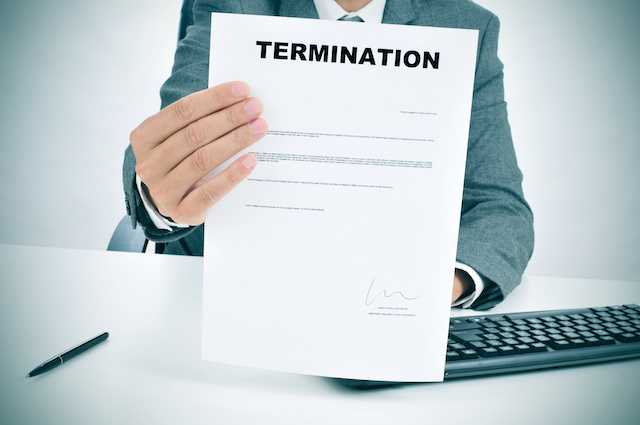Crafting an Effective Termination Letter: Legal and Ethical Considerations

Crafting an effective termination letter is a critical task for any employer or HR professional. It’s important to handle this process with sensitivity and professionalism, as it can have significant emotional and practical implications for the employee being let go. This detailed guide will help you understand the key components of a termination letter, ensuring it is clear, respectful, and legally sound.
Understanding the Importance of a Termination Letter
A termination letter is a formal document that officially communicates the end of an employment relationship. It serves several important purposes:
Legal Documentation: The letter provides a written record of the decision and the reasons for termination, which can be crucial in case of any legal disputes.
Clarity and Finality: It clearly communicates the decision to the employee, leaving no room for ambiguity.
Outline of Terms: The letter can include details about severance, benefits, and other termination-related information.
Key Elements of a Termination Letter
A well-composed termination letter should include:
- Employee Information: Full name, position, and department of the employee.
- Date of Termination: The effective date of the employee’s termination.
- Reason for Termination: A clear, concise explanation of why the employment is being terminated.
- Previous Warnings or Disciplinary Actions: Reference any relevant past warnings or disciplinary actions.
- Details on Severance or Final Paycheck: Information on any severance package, final paycheck, and unused leave payouts.
- Return of Company Property: Instructions for returning any company property.
- Benefits and Continuation of Services: Information on how benefits will be handled post-termination.
- Legal and Compliance Information: Any legal statements or compliance information required by law.
- Statement of Confidentiality: If applicable, a reminder of any ongoing confidentiality agreements.
- Closing Remarks: A professional and respectful closing.
Writing Tips for a Termination Letter
- Be Clear and Direct: Avoid ambiguous language. Clearly state that the employment is being terminated.
- Maintain Professionalism: Keep the tone professional and respectful, regardless of the circumstances leading to termination.
- Be Factual: Base your explanations on facts and avoid emotional or personal remarks.
- Stay Compliant: Ensure that the letter adheres to all legal requirements and company policies.
- Proofread: Carefully review the letter for any errors or inconsistencies.
Using the Termination Letter Template
The template below provides a basic structure for a termination letter. Customize it according to your organization’s policies and the specific circumstances of the termination.
[Your Name] [Your Title] [Company Name] [Company Address] [City, State, Zip] [Email] [Phone Number] [Date] [Employee’s Name] [Employee’s Position] [Company Name] [Employee’s Address] [City, State, Zip] Dear [Employee’s Name], This letter is to inform you that your employment with [Company Name] as a [Employee’s Position] will be terminated as of [Date of Termination]. The decision for this termination is based on [briefly state the reason for termination, such as performance issues, redundancy, etc.]. [If applicable, reference any prior warnings or disciplinary actions]. You will receive [details about final paycheck, severance pay, etc.]. [Provide information on returning company property, if applicable]. Regarding your benefits, [explain what will happen to their benefits, insurance, etc.]. For further information, please contact [HR Contact Information]. It is important to remind you of your obligation to maintain confidentiality as agreed upon in your employment contract. We appreciate your contributions to [Company Name] and wish you the best in your future endeavors. Please feel free to reach out with any questions or for clarification regarding the terms of your termination. Sincerely, [Your Name] [Your Position]
Remember, the goal of the termination letter is to provide a clear and respectful closure to the employment relationship. It’s important to ensure the letter is legally compliant and professionally presented to maintain a positive company image and reduce the risk of legal complications.





